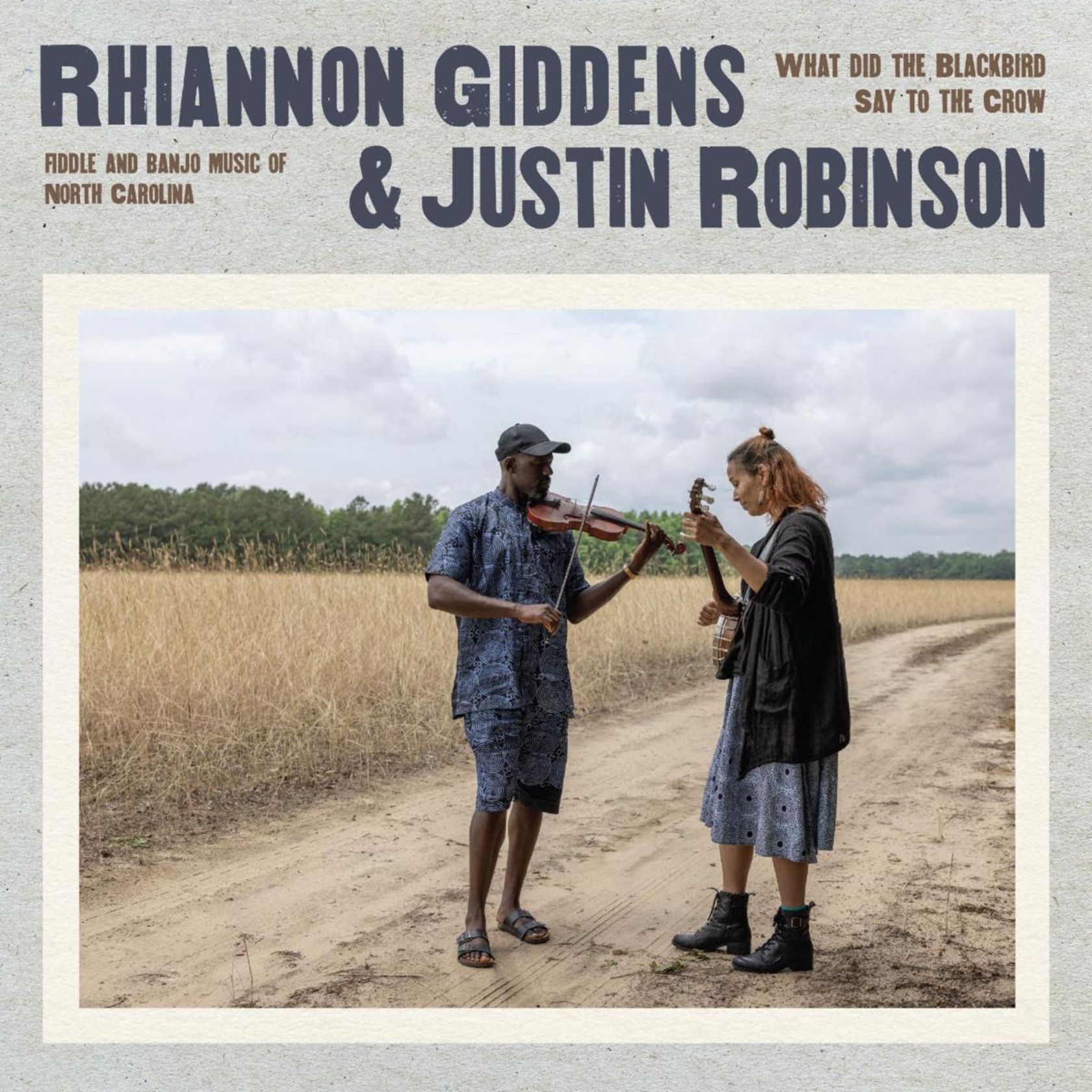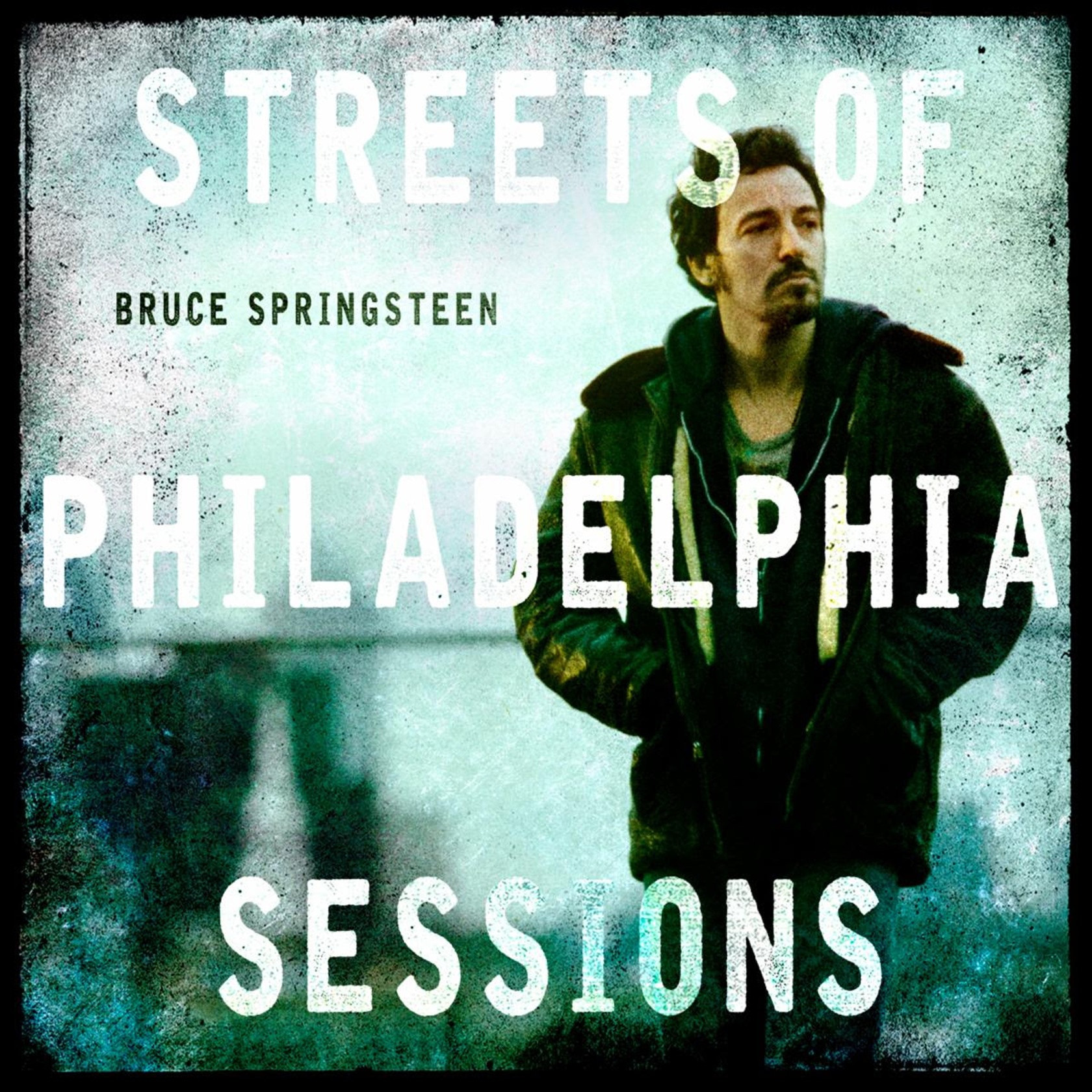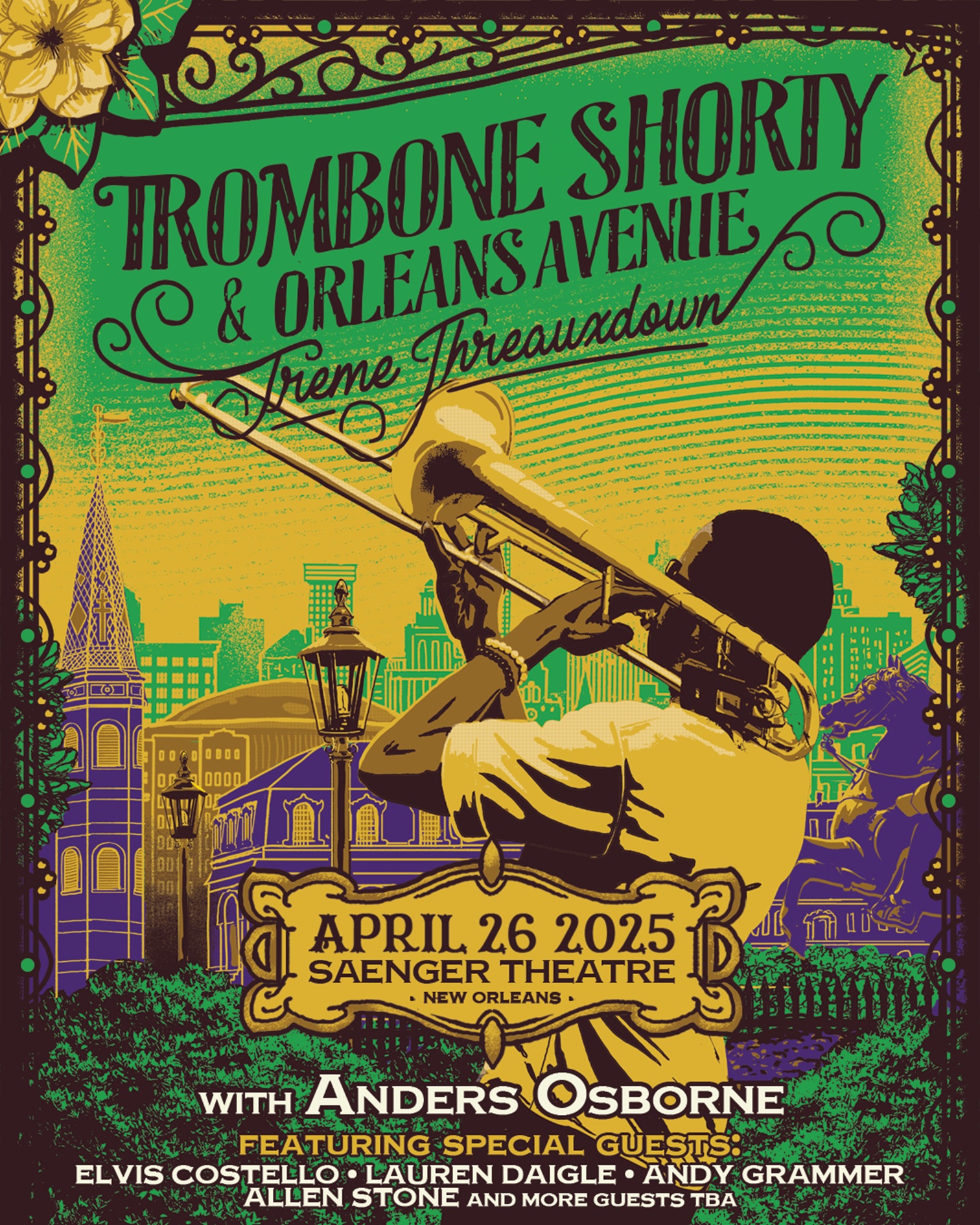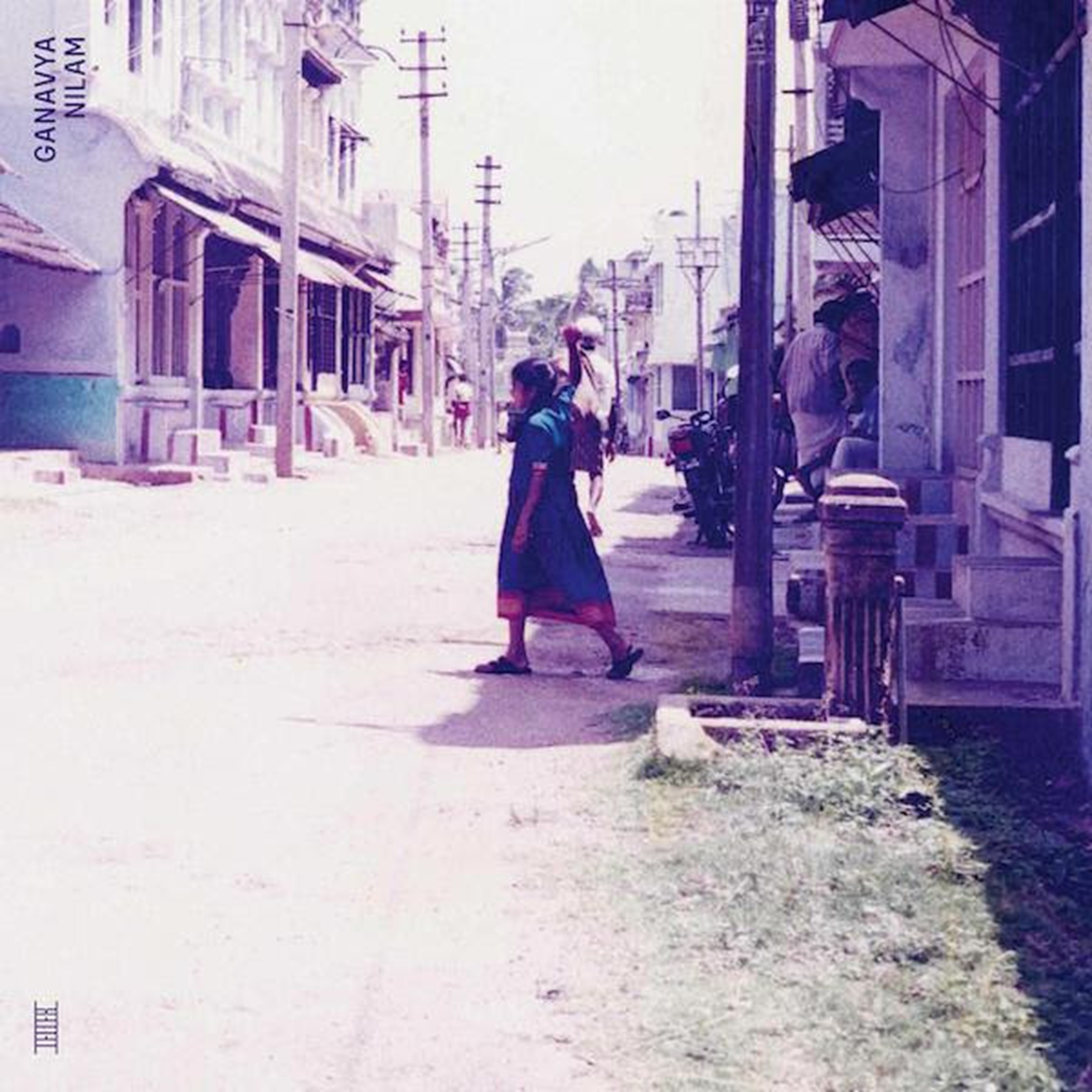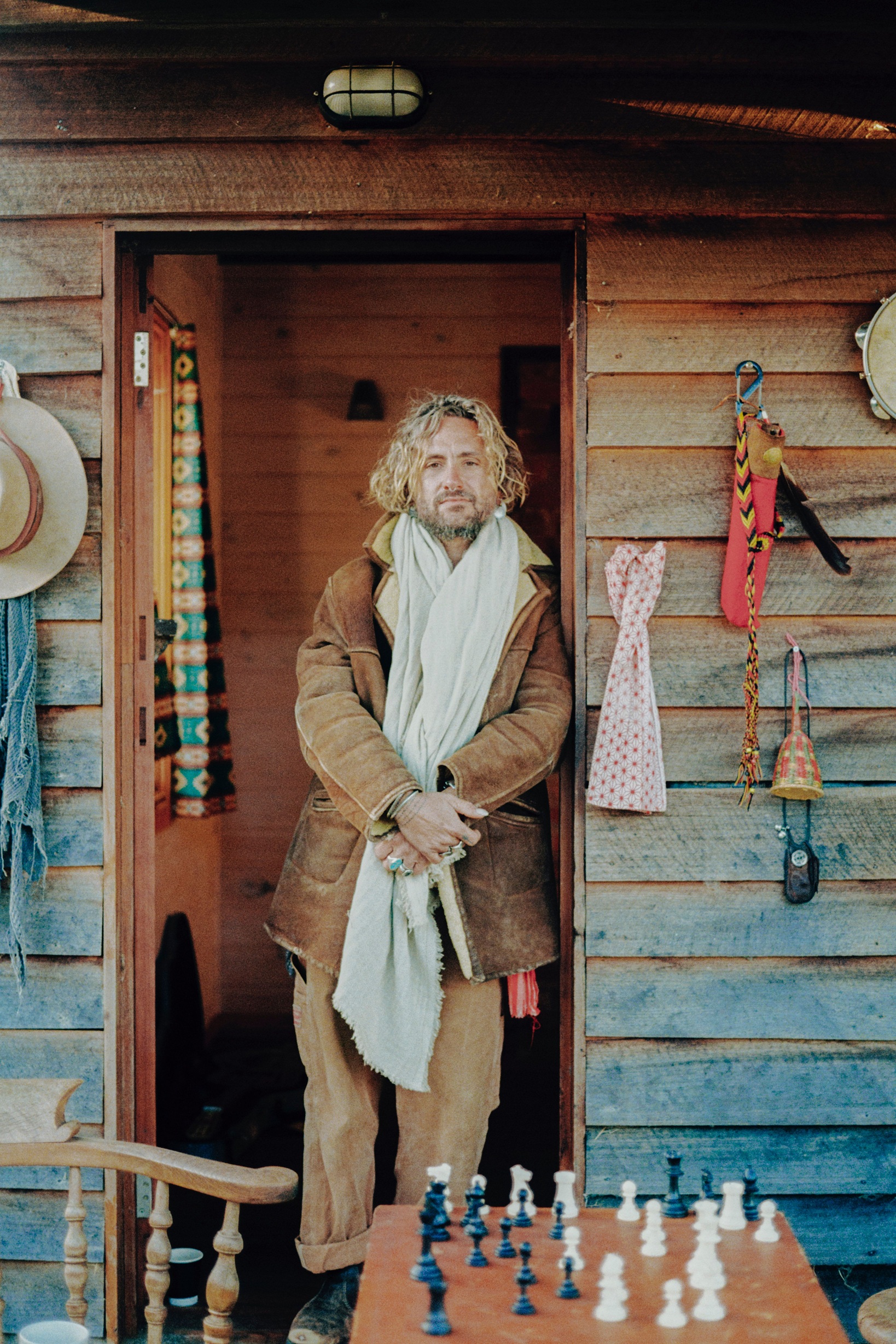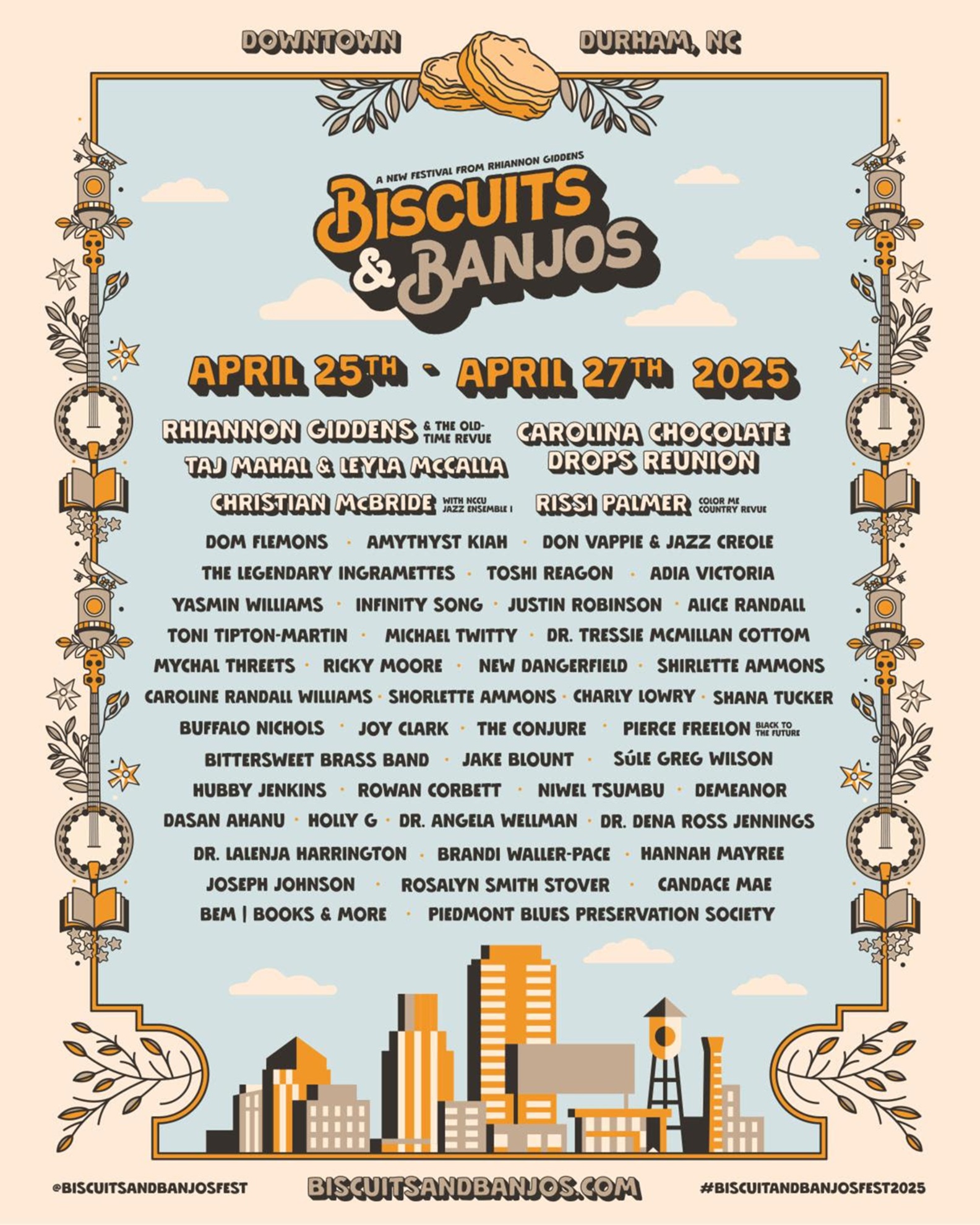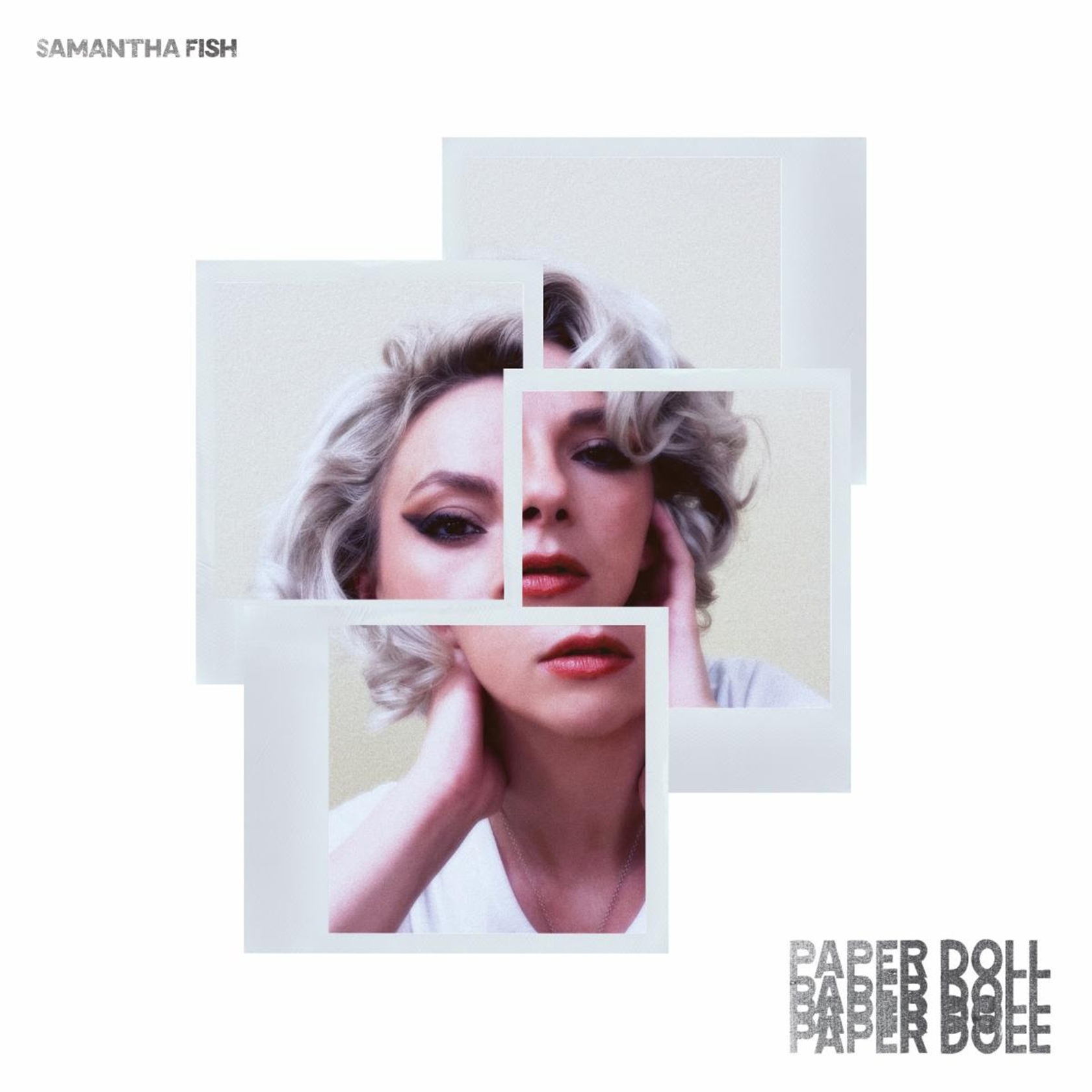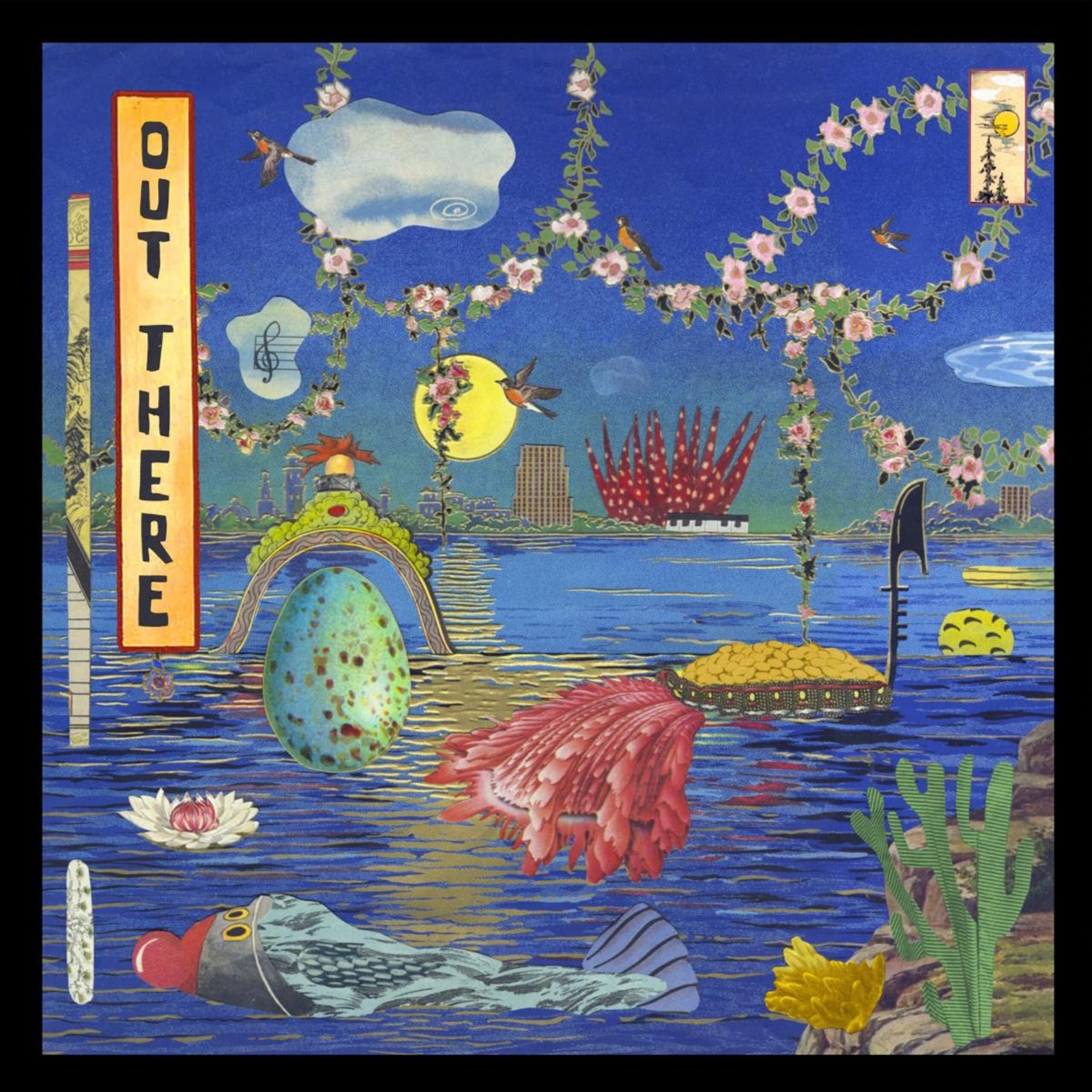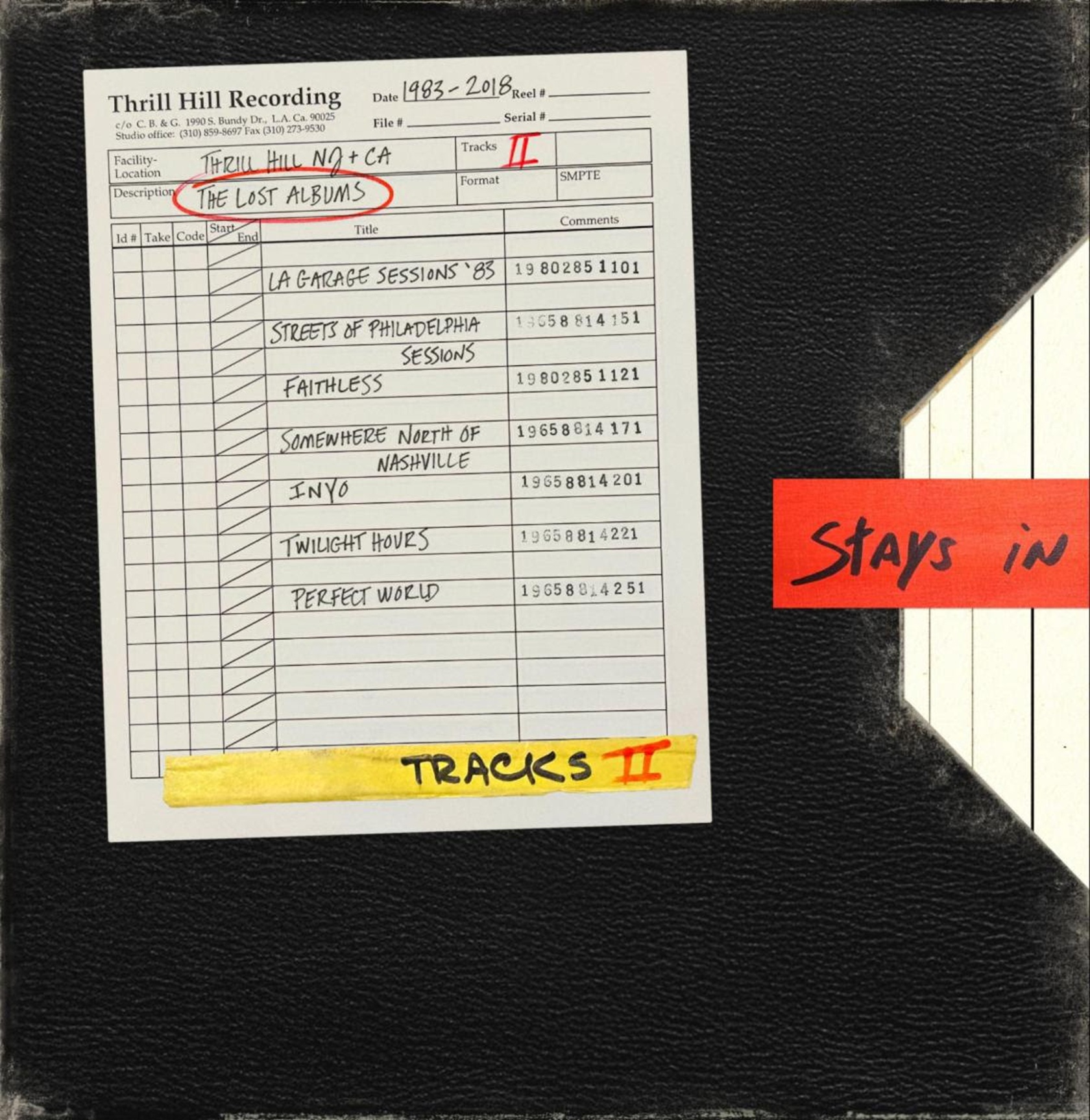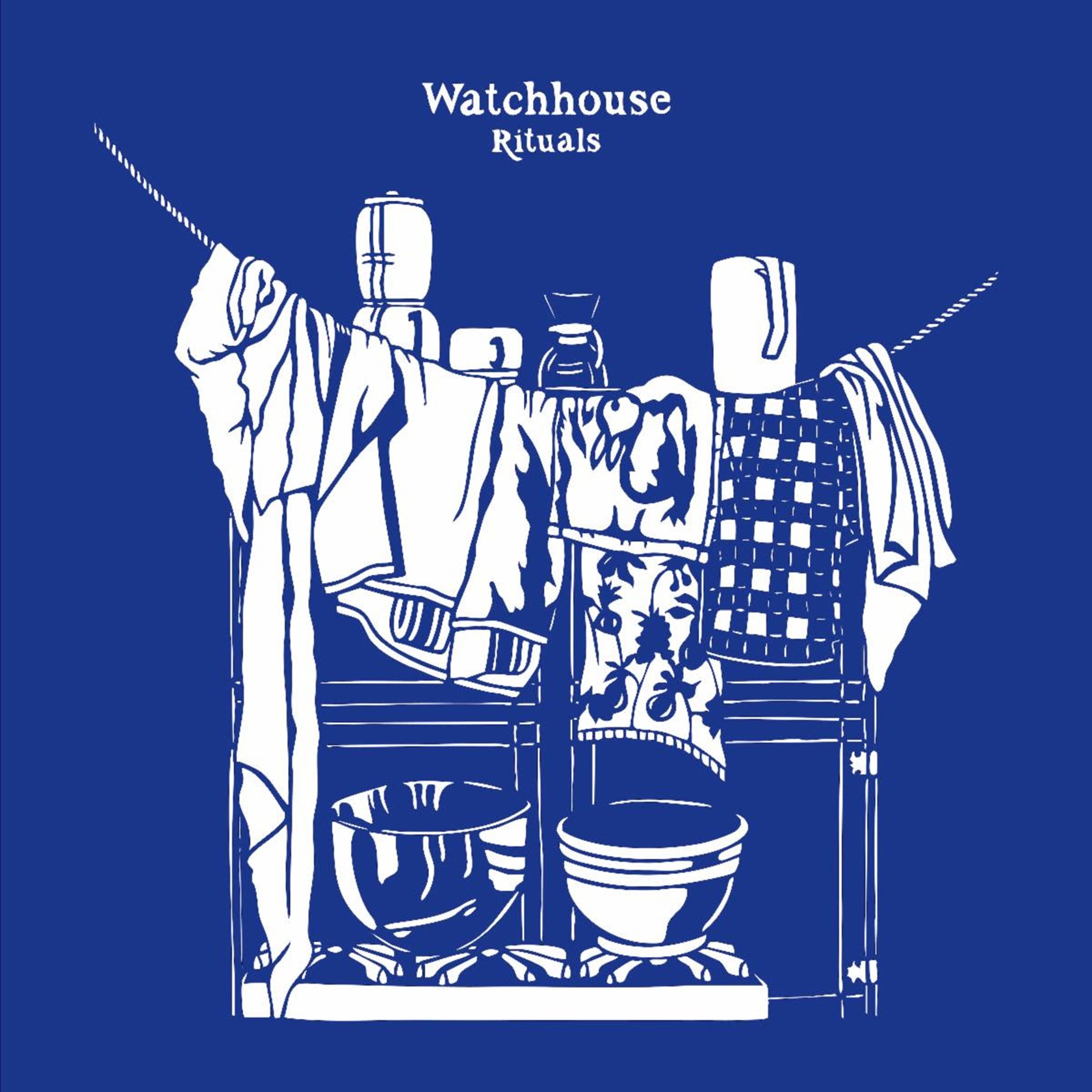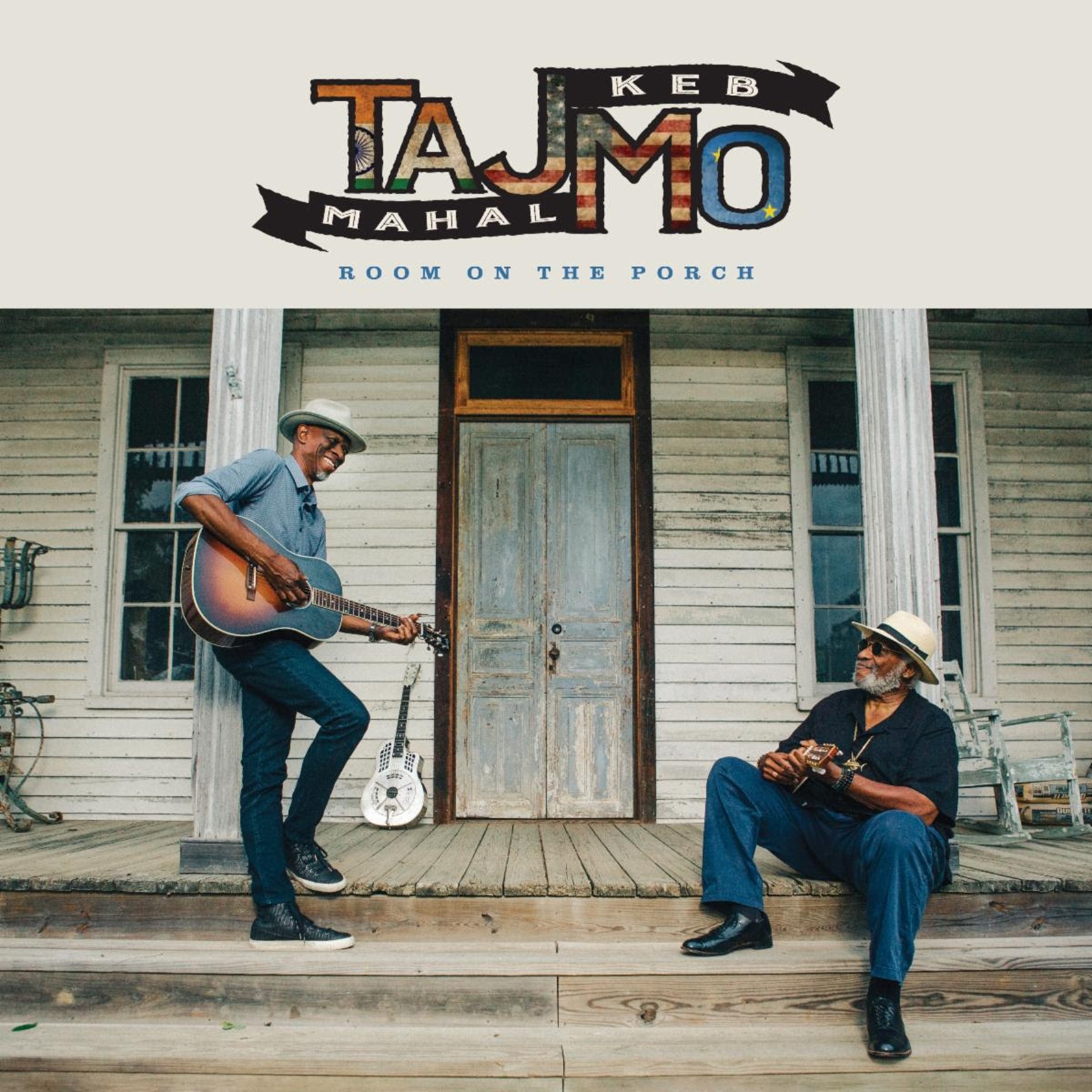For the past ten weeks, the Mighty SONG Writers video series from Philadelphia nonprofit Mighty Writers and media partner Literary Hub has showcased singer-songwriters across genres playing their songs and answering questions about their music.
One question was the best piece of writing advice they ever got. See what they said below, and catch up on all their videos at this YouTube playlist
Amanda Shires:
“One of the best pieces of advice I ever got was when I was studying at Sewanee University in the south. My professor, Andrew Hudgins, who is a fantastic and wonderful poet, told me that a lot of times when you’re writing, the actual start of where you think the start is, isn’t at the start. Like, your first paragraph, your first few verses, first lines or whatever it is… usually you’re doing the work to get to the start. After having thought about that some, internalizing it, I found it to be true, and so now it’s easier for me to get rid of that beginning, working stuff and get to the actual start.”
Jason Isbell:
“There’s a book that Tom T. Hall wrote on songwriting—wrote a couple of them—and the first one had a paragraph in there about not being bitter. And I really enjoy that because I write a lot of sad songs… I think most songwriters do, you know. And he talked about being angry or sad without being bitter; he said people don’t want to hear a bitter song but sad is ok and angry is ok. And so I’ve very often tried to ride the line between, you know, being sad or being unhappy about something and what I’m writing, and also pointing the finger at somebody and being bitter or resentful… I try to keep that out of there.”
Marcus Roberts:
"When I was in 11th grade, I had a really hip English teacher, Mrs. Simpson. One day she said, today we're just going to listen to someone. She was talking about the great French composer Maurice Ravel. That whole lecture was about the fantastic piece he wrote, "Bolero." That’s the first example I heard of what you might call creative repetition. The two great themes that are used to build that masterpiece are repeated over and over, but Ravel uses different colors, different orchestrations, bringing out different instruments that keep you engaged and on the edge of your seat. And that's what great writers do in literature."
Jewel:
"My fifth-grade writing teacher was a big influence. Mr. Duncan. I had very bad handwriting and very dyslexic; I was very bad at spelling. But he saw that I was very, very creative and he let me write creatively. I would write these long, creative things with very bad spelling and very bad grammar. If he had forced me to follow the format and drill in the spelling and everything else, I would have fallen out of love with writing. I had these thoughts spilling out of me and, if he forced me to worry about all the details, I really think it would have killed my spirit. And he knew it… The best writing advice I ever got was him letting me be creative."
Phil Augusta Jackson:
“The best writing advice I’ve ever received is to judge the draft and not the process. Writing is hard, so difficult, and I found early on when I started to write that I would get in my head about where I was at in the current moment and asking if it was any good, if it was even worth it to put it down—but those are all questions you should have for yourself after you finish a draft. Get out of your own head; focus on getting a page done or however many. It’s key that you just have something to react to instead of getting in your own way. I would also say to write about what is interesting to you. Don’t write about what you think others expect you should—write from the heart and from your own experience. People can sense the authenticity that comes from creative writing.”
Devon Gilfillian:
"If you are looking for any good tips on writing, the book On Writing by Stephen King is amazing. One of the great things he says is that writing is telepathy. You are literally telling somebody what is in your brain. You are putting what is in your head on a page and then someone else is taking that in. One of the greatest tips in the book is to just put your head down, and write. Write for hours, or 30 minutes, but just don’t critique it until you’re done. Write for you.”
Valerie June:
“Some of the best writing advice I have ever gotten actually came from teenage poets at the Library of Congress. I was invited there to judge a poetry contest, and it was just a group of amazing poets. I thought to myself, these students are just brilliant. Hearing them read made me so hopeful for future writers. One of the poets there, when I asked how poems come to them and how they get started, she said, “To me, poems always start with one sentence. So if you can just write one line, then the rest will come.” I took that and I said, okay, I can see how that could be applied to anything. To a story, a poem, a song, anything. Thinking of writing a whole song or a whole book, that can feel too big and too much. Breaking it down to one line, one sentence, that’s how to start.”
Rhett Miller:
"[After finishing playing Somewhere Over the Rainbow] I always thought that was a good question to ask ourselves. “Why can’t I? Why not me?” If you are interested in writing and creating, why does anyone else have a better chance of succeeding in creating than you? The truth is, they don’t. You just have to do it. Don’t let the internal voices stop you."
Erika Ender:
"The best writing advice I ever received is to share. When you write with someone else, you not only avoid repeating yourself, but also learn from another person. And what I've learned when writing is that it is a business of emotions. Whenever you connect to a message that people need to express or need to hear, it is so powerful. Getting into people's minds and hearts makes all the difference."
Matt Quinn (Mt. Joy):
"No matter how exciting or amazing you think the thing you've written is, there's probably an easier way to say it. When you say things with less words and allow them to have more space, it's more likely than not going to be more impactful."
Wrabel:
"There's so much power in writing. Even just journaling, there really is so much power in putting words down and seeing them go from your brain to the page. I find that so cathartic. Even just ideas or little notes to self."






